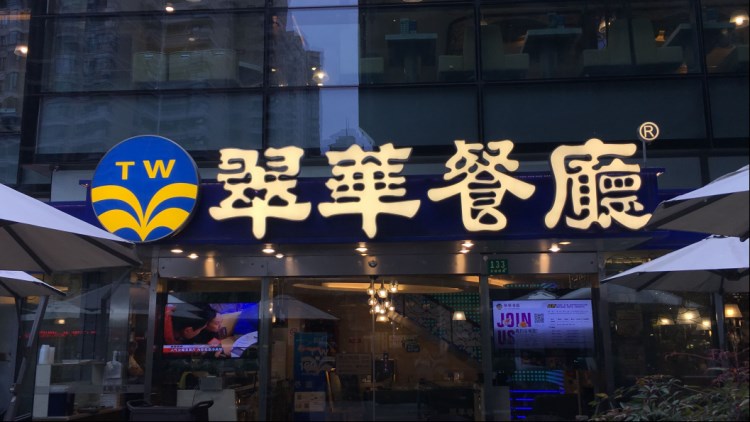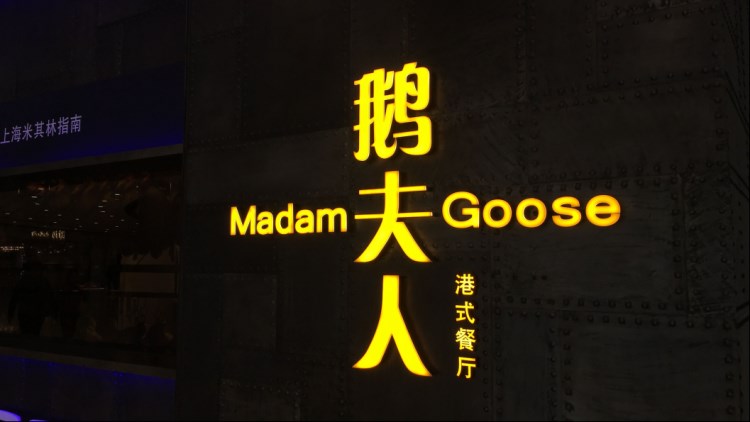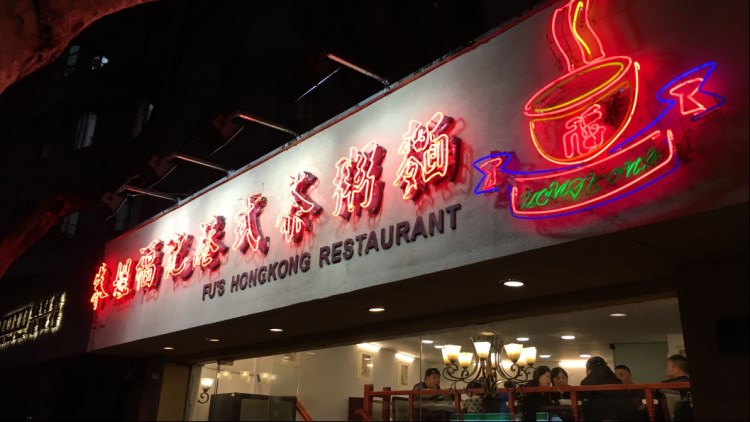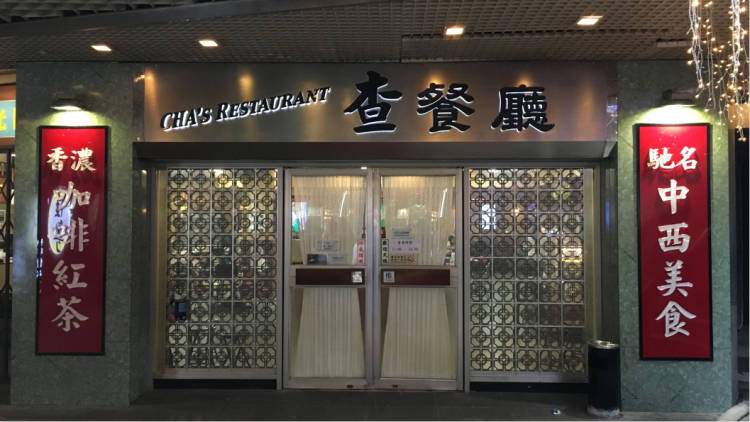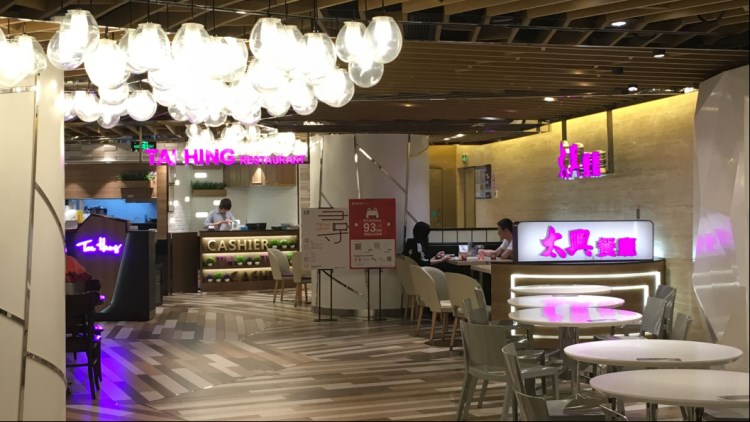Tsui Wah is a time-honored tea restaurant originating from Hong Kong, with many branches in Shanghai, comfortable environment and stable quality control, which is the secret of Tsui Wah's longevity.
Tsui Wah was founded as a Xiaoice House in Kam Lam Street, Mong Kok, opened the first Tsui Wah restaurant in San Po Kong in 1989, and opened the first Tsui Wah restaurant in mainland China in Shanghai in 2009, which has a history of half a century. Tsui Wah Holdings Limited was listed on the Main Board of the Hong Kong Stock Exchange in 2012 (stock code: 1314) and is the first listed tea and tea restaurant company in the industry.
Tsui Wah has won numerous awards, including U Magazine, New Holiday Weekly, Next Magazine, OpenRice, China Hotel Industry Annual Conference Organizing Committee, and Hong Kong Tourism Board. Tsui Wah's central kitchen is HACCP certified, with high-quality ingredients and low-sodium sea salt and olive oil.
Pineapple buns are Cuihua's best-selling products, and every time a freshly baked pineapple bun is snapped up, there are often long queues in front of the door. I have to say that in terms of taste, seasoning, and popularity, Cuihua's pineapple buns are among the best in the city. The black and white cream pig is also worth trying, the pork bun is cut in two, the white half is smeared with condensed milk and cream, and the black half is smeared with black sesame sauce, which has a unique taste. Kagoshima pork cartilage noodles, fried noodles with abalone flavor and shredded pork, stir-fried double-sided yellow shrimp balls in Jingchuan, four treasures of homemade seaweed fish, siu mei platter, and Hainanese chicken rice are all produced to a certain level.
Some people say that visiting Victoria Harbour, climbing Victoria Peak, and eating Tsui Wah are the three things you must do when you come to Hong Kong, and Tsui Wah Restaurant in Central is still a must-visit place for tourists today. In fact, Tsui Wah's share price has been volatile several times, and its earnings have not been as good as it should be. Tsui Wah's current chairman, Li Yuankang, and several other core shareholders were the restaurant's associates at the time, and Tsui Wah has expanded vigorously since its listing, and its stock price has shrunk for a time. The advantage of running Chinese catering is that it has a wide consumer base, and as long as the taste is good enough, it is easy to retain regular customers in an area. But if you want to continue to grow, you have to standardize.
It is not difficult to locate low-end fast food and hot pot to solve the problem of standardization, such as McDonald's, KFC and other Western fast food are easier to standardize, but even low-end Chinese food, the cost of standardization is higher than that of Western catering. Tsui Wah is positioned in the middle and high-end in the mainland, and the high price means a lower turnover rate, and the higher property rent and employee compensation compress the profit margin. Although Cuihua's market value shrank by 2.2 billion in 2016, its current revenue can still rise steadily.
The decoration style of the Cuihua branch is consistent, with small round tables and booths as the mainstay, soft and comfortable leather sofas, and bright lighting in the store to make the dining atmosphere relaxed and pleasant. Wooden tables, chairs, and sofas are staggered, and beautiful chandeliers adorn the ceiling. The service is average, far below the level of Hong Kong, and there is still a lot of room for improvement. There is usually no waiting for a table, but there are customers who queue up at the front window to buy bread. In addition, Cuihua also does takeaway, so you can enjoy food at home without leaving home. However, Tsui Wah Restaurant VivoCity Tsui Wah has a poor review and is not recommended here; In addition, the South Xizang Road store has been temporarily closed.



